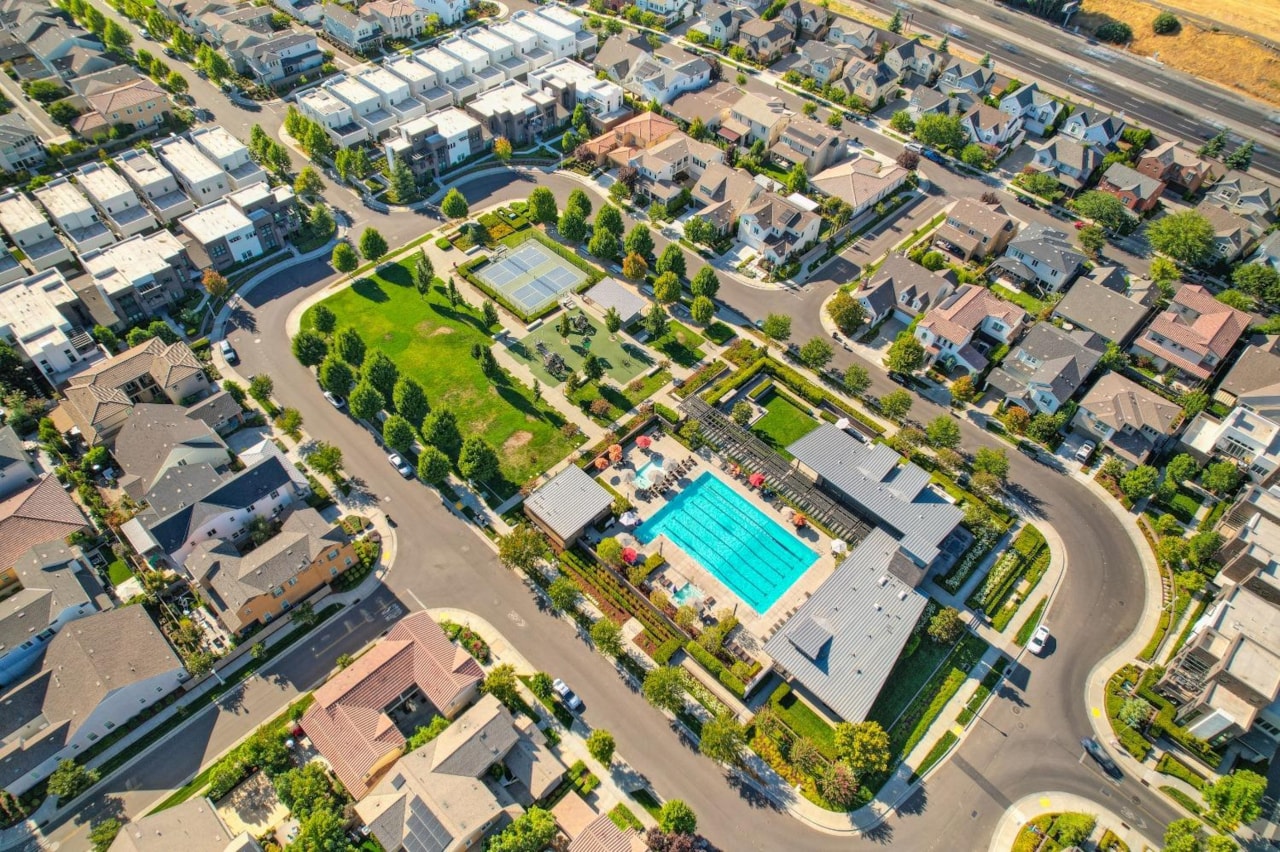When it comes to real estate, the age-old adage “location, location, location” remains as relevant as ever. The location of a property is one of the most critical factors that can determine its value, desirability, and long-term investment potential. Whether you are buying a home to live in, renting it out, or investing in real estate for future gains, the location will significantly influence your experience and returns. This blog will delve into why location is so crucial in real estate and what key considerations you should keep in mind when choosing the perfect location.
Why Location Matters in Real Estate
Location is a primary determinant of a property’s value and appeal. It affects everything from the quality of life to the property’s resale value and the ease of finding tenants or buyers. A great location can make even a modest home desirable, while a poor location can make it challenging to sell or rent even the most luxurious property. Here are some key reasons why location matters so much in real estate:
- Access to Amenities and Services: The proximity to essential services such as schools, hospitals, shopping centers, and public transport significantly impacts property values.
- Safety and Security: Properties in safe, well-policed neighborhoods with low crime rates are more desirable and retain their value better over time.
- Future Development Potential: Locations with ongoing or planned development, such as new roads, shopping malls, or schools, are likely to see an increase in property values.
- Quality of Life: The location of a property influences the quality of life of its residents. Factors such as noise levels, traffic congestion, pollution, and access to green spaces play a vital role in determining a location’s desirability.
Key Factors to Consider When Choosing a Location
Proximity to Work and Commute Time
One of the most important considerations for homebuyers and renters is the property’s proximity to their workplace. Long commutes can significantly affect the quality of life, so choosing a location that offers convenient access to work is crucial.
- Access to Public Transport: If you rely on public transportation, consider locations near bus stops, train stations, or subway lines. Good access to public transit can save you time and reduce commuting stress.
- Road Connectivity: Locations with good road connectivity to major highways and arterial roads can make commuting by car more manageable.
- Traffic and Congestion: Research traffic patterns and congestion levels during peak hours. Even a well-connected area can become undesirable if traffic conditions are consistently bad.
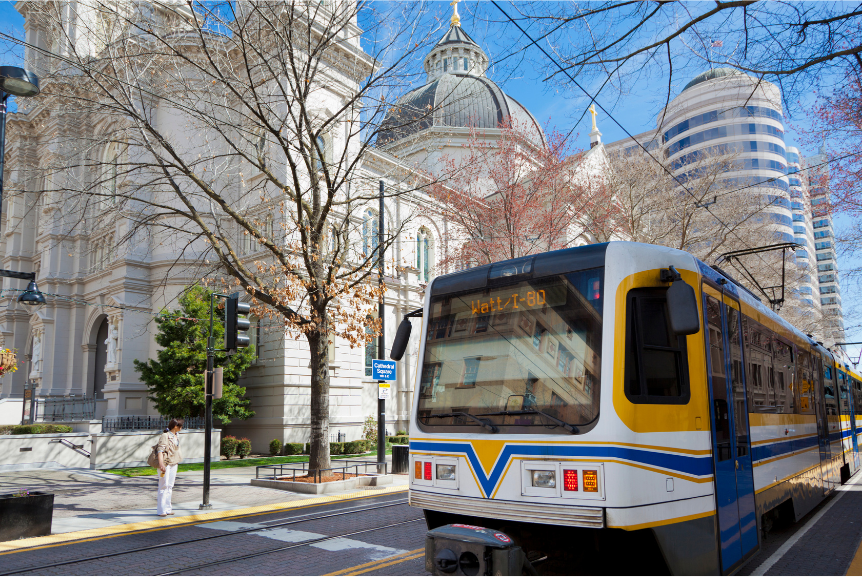
Neighborhood Safety
Safety is a non-negotiable factor when choosing a location. People want to feel secure in their homes and neighborhoods, so properties in safe areas tend to be more valuable.
- Crime Rates: Research the crime rates of the neighborhood to ensure it is a safe area. High crime rates can not only affect your safety but also impact property values and desirability.
- Police Presence and Community Policing: Areas with a visible police presence or active community policing programs often have lower crime rates and are more attractive to homebuyers.
- Neighborhood Watch Programs: Areas with active neighborhood watch programs can be safer and more community-oriented, creating a sense of security and belonging.
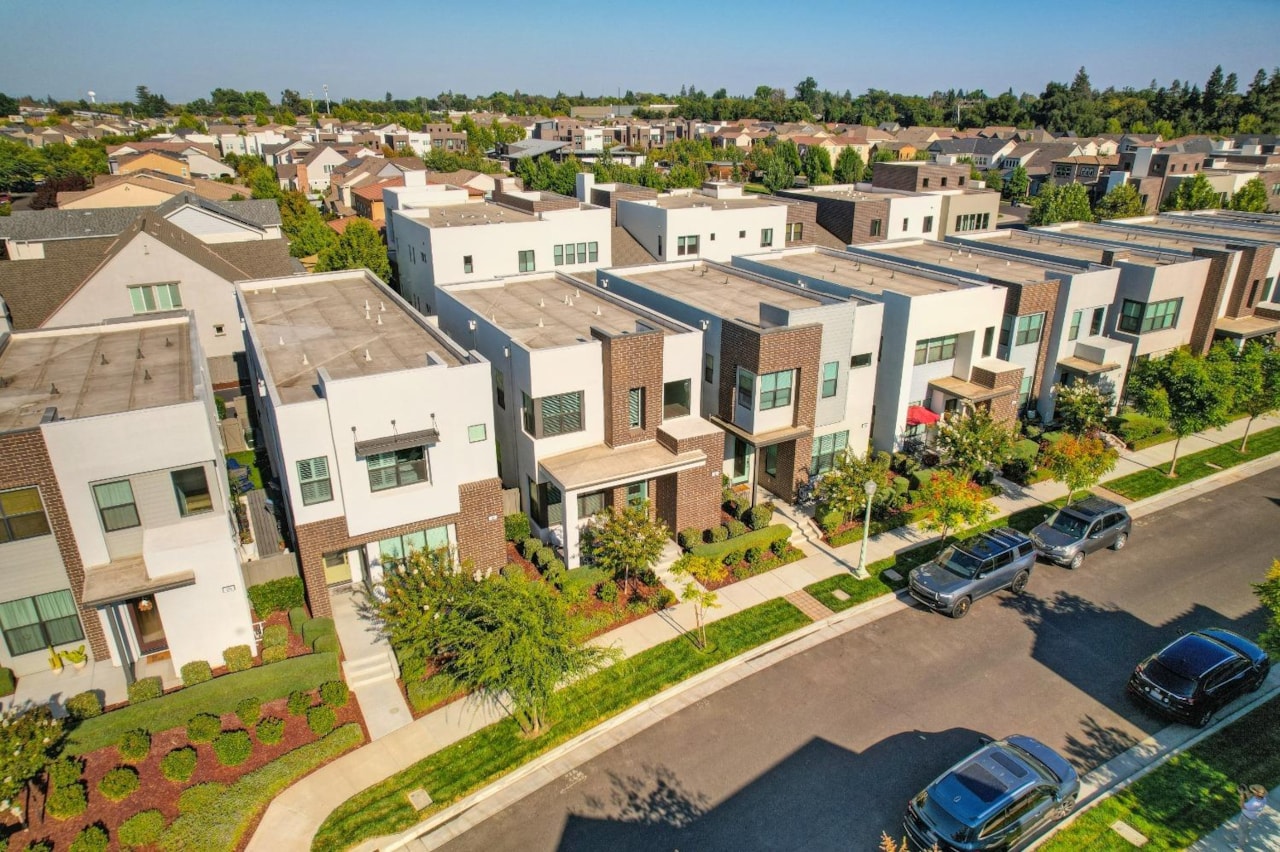
Quality of Local Schools
For families or individuals planning to have children, the quality of local schools is a significant consideration. Even if you don’t have children, being in a good school district can enhance your property’s value and make it more attractive to future buyers.
- School Ratings and Performance: Research local schools’ ratings and performance. Areas with highly-rated schools tend to have higher property values.
- Proximity to Schools: Homes located near good schools are in high demand and can fetch a premium price, making them a sound investment.
- Availability of Educational Facilities: Consider the range of educational facilities available, such as primary and secondary schools, special education programs, and extracurricular activities.

Access to Amenities and Recreational Facilities
Convenience and access to amenities play a critical role in determining a property’s desirability. People want easy access to shopping, dining, healthcare, and recreational activities.
- Proximity to Shops and Restaurants: A location close to shopping centers, grocery stores, and restaurants is highly desirable, offering convenience and a better quality of life.
- Healthcare Facilities: Easy access to healthcare facilities, including hospitals, clinics, and pharmacies, is essential for all demographics, especially families with young children and seniors.
- Parks and Green Spaces: Areas with parks, playgrounds, and green spaces promote outdoor activities and provide a more pleasant living environment, contributing to a higher quality of life.

Future Development Plans
When considering a location, it’s important to think long-term. Future developments can significantly impact property values, either positively or negatively.
- Planned Infrastructure Projects: Research any planned infrastructure projects, such as new roads, highways, public transportation, or shopping malls. These developments can increase property values over time.
- Zoning Changes: Be aware of potential zoning changes that could affect the area. For instance, the construction of a new factory or industrial complex nearby could negatively impact residential property values.
- Urban Redevelopment Initiatives: Areas undergoing urban redevelopment or revitalization can offer excellent investment opportunities, as they are likely to see significant appreciation in property values.
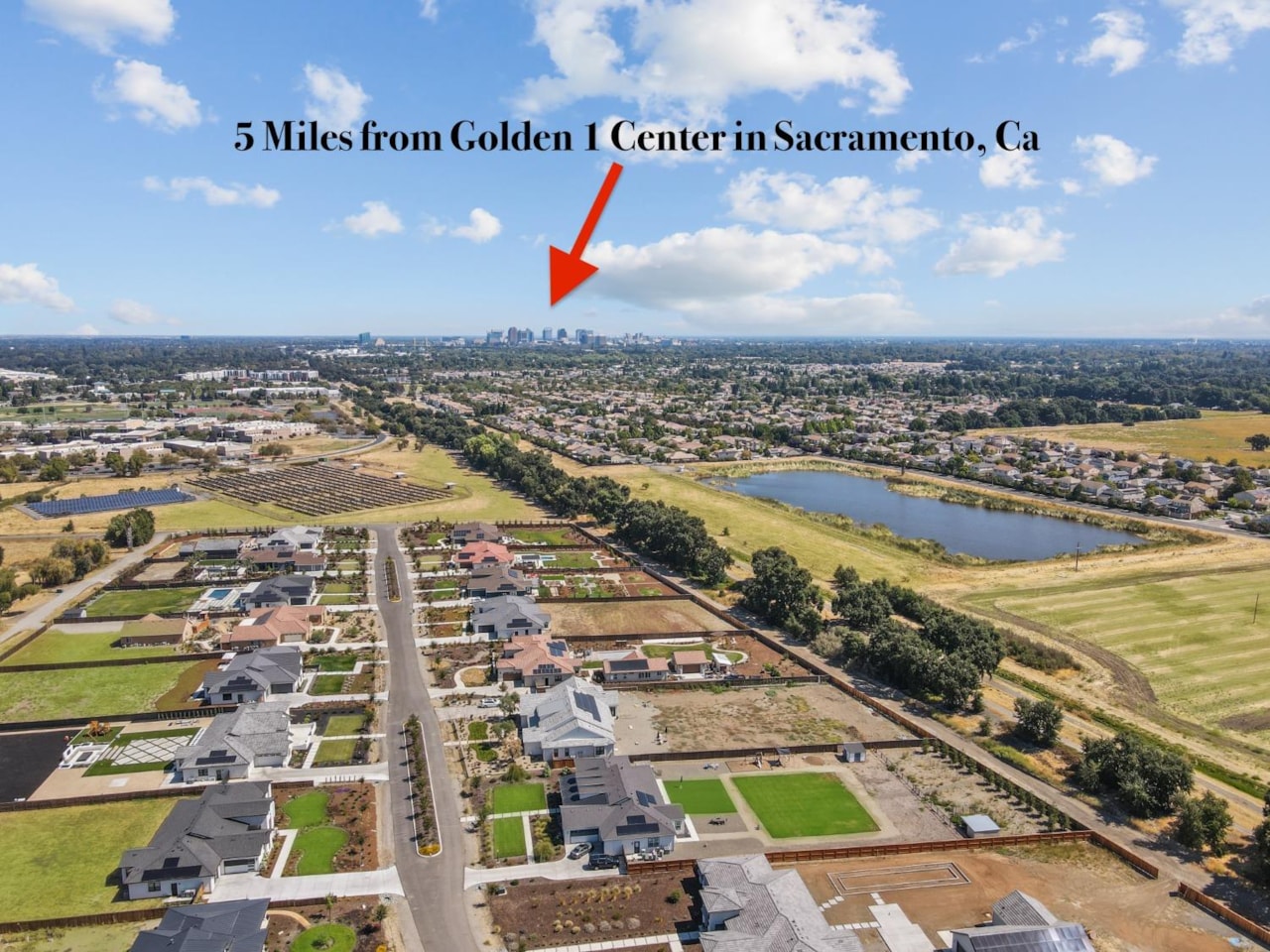
Neighborhood Character and Demographics
The character of a neighborhood, its demographics, and its overall vibe can significantly impact its appeal and property values.
- Community Feel: Some people prefer quiet, family-friendly neighborhoods, while others may seek vibrant, bustling areas. Choose a location that aligns with your lifestyle preferences.
- Age and Income Demographics: Research the demographics of the neighborhood to ensure it matches your social and economic preferences. A mix of age groups and incomes often makes for a more diverse and dynamic community.
- Cultural and Social Amenities: Consider the cultural and social amenities available in the area, such as theaters, museums, community centers, and libraries, which can add to the neighborhood’s appeal.

Environmental Factors and Quality of Life
Environmental factors can play a significant role in determining the desirability and value of a location.
- Noise Levels: Proximity to busy roads, airports, railways, or industrial areas can lead to high noise levels, which can be a deal-breaker for many buyers.
- Air Quality and Pollution: Check the air quality index and levels of pollution in the area. Properties located in areas with poor air quality can be less desirable.
- Natural Disaster Risks: Consider potential risks from natural disasters, such as flooding, earthquakes, or hurricanes. Properties in high-risk areas may have higher insurance costs and lower resale values.
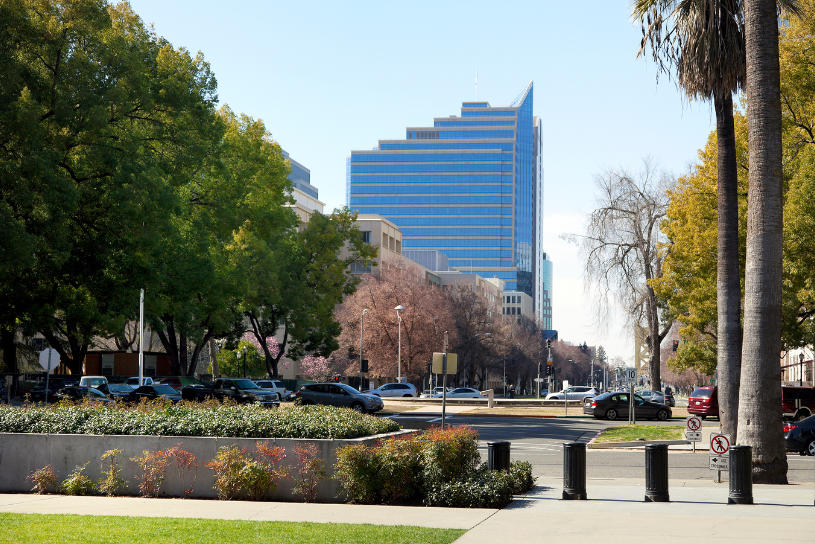
Property Taxes and Cost of Living
Understanding the financial implications of a location is crucial, as property taxes and the overall cost of living can vary significantly from one area to another.
- Property Taxes: Research the local property tax rates, which can significantly impact your monthly expenses. High property taxes can deter some buyers, especially in areas where the cost of living is already high.
- Utilities and Service Costs: Look into the average cost of utilities and services in the area. Some areas may have higher water, electricity, or gas costs, which could affect your budget.
- Homeowners Association (HOA) Fees: If the property is in a community with an HOA, understand the associated fees and what they cover. High HOA fees can add to your monthly expenses.

Market Trends and Economic Stability
The stability of the local real estate market and the broader economy can affect your investment’s long-term potential.
- Local Market Trends: Research the historical property price trends in the area. Are prices stable, rising, or falling? This information can provide insight into future property value trends.
- Economic Stability and Employment Opportunities: A strong local economy with diverse employment opportunities can make a location more desirable and help ensure long-term property value growth.
- Vacancy Rates: High vacancy rates in an area can indicate a lack of demand, which could affect both rental income potential and property value appreciation.

Resale Value and Investment Potential
Ultimately, the goal of purchasing a property is to have a good investment that retains or increases in value. The location plays a pivotal role in determining the resale value and overall investment potential.
- Desirability of the Area: A location that remains desirable over time will hold or increase in value, making it easier to sell or rent in the future.
- Liquidity: Properties in prime locations are more liquid, meaning they can be sold more quickly and often at a higher price.
- Neighborhood Growth and Gentrification: Areas that are experiencing growth or gentrification tend to offer better long-term investment potential as they attract more buyers and tenants.

Conclusion
The location of a property is perhaps the most critical factor influencing its value, desirability, and long-term investment potential. From proximity to amenities and quality schools to safety, environmental factors, and future development plans, there are numerous factors to consider when choosing the right location. Taking the time to research and evaluate these factors can help ensure that you make a sound investment that aligns with your lifestyle needs and financial goals.
Ultimately, buying a property is not just about the structure itself but about the environment it’s situated in. Whether you’re purchasing a home for yourself or as an investment, understanding the importance of location in real estate will empower you to make the best possible decision for your future.
If there’s anything we can do to support you or if you have any questions about real estate please feel free to reach out to me and my team we would be happy to help you. We love being Sacramento’s real estate resource. Till next time Sacramento!


